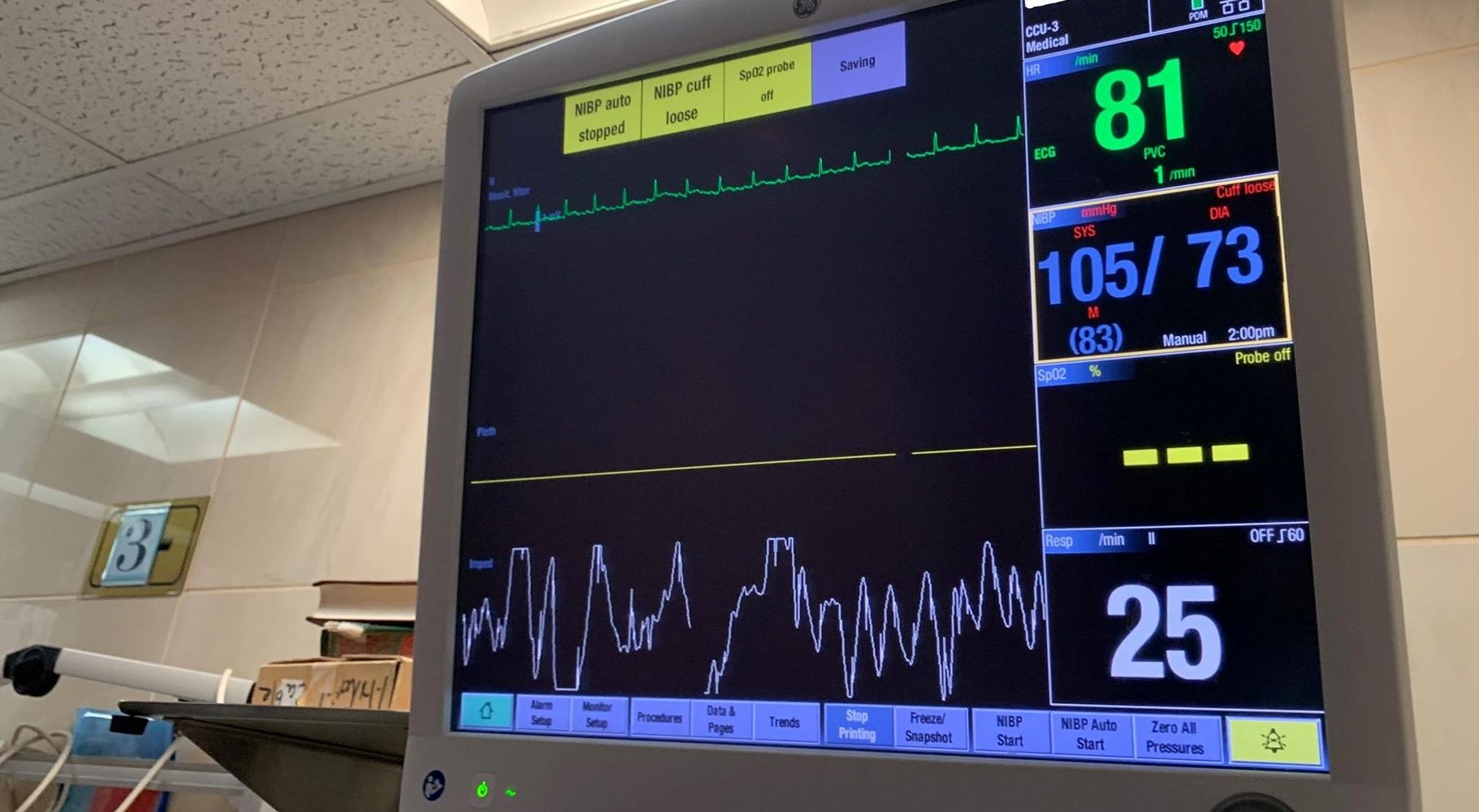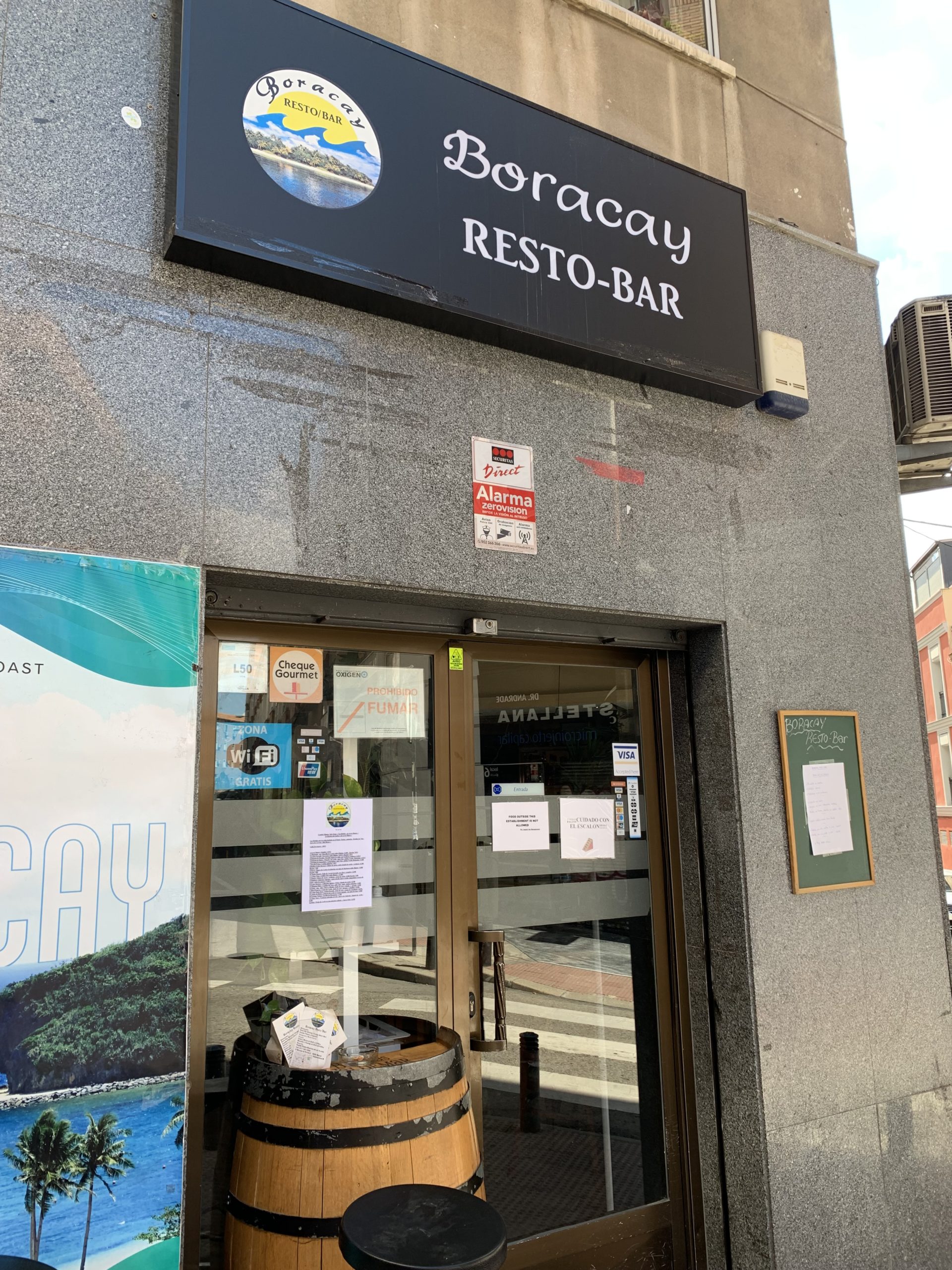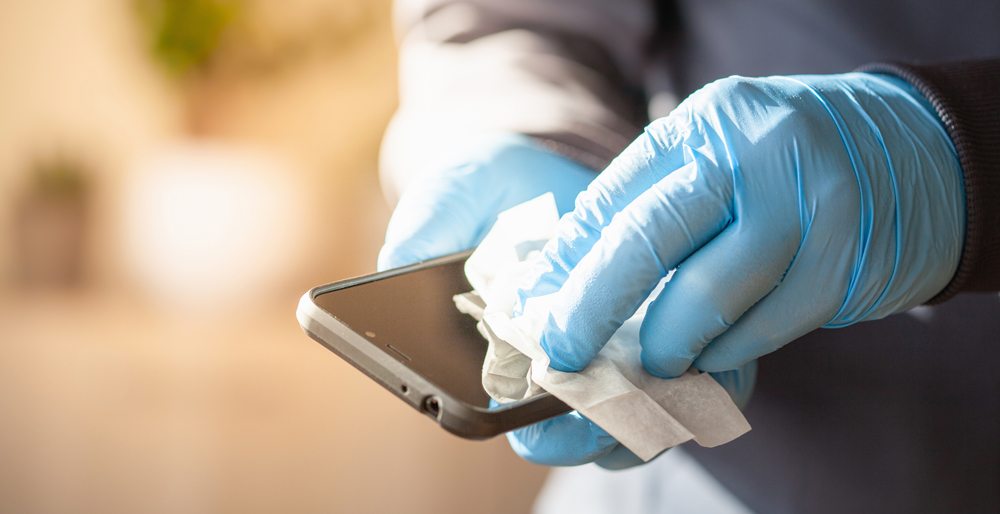I thought heart attack is a term that is not applicable to the people surrounding me or friends and colleagues. I thought we are exempted…I thought it is happening to the people at old age, but it is now happening in front of my eyes with the same age as mine…approaching 40s.
We don’t know really the heart attack until it became true to my eyes. What is really a heart attack? What you can do if you are far away from hospital to survive of the attack?
A heart attack (myocardial infarction or MI) is a serious medical emergency in which the supply of blood to the heart is suddenly blocked, usually by a blood clot as explained by Wikipedia.
A heart attack is a medical emergency with the symptoms below before the attack:
- Pressure, tightness, pain, or a squeezing or aching sensation in your chest or arms that may spread to your neck, jaw or back
- Nausea, indigestion, heartburn or abdominal pain
- Shortness of breath
- Cold sweat
- Fatigue
- Lightheadedness or sudden dizziness
The practical steps if you feel the symptoms of heart attack at home and camp:
- Stop what you are doing then stay at safe place then call for medical help
- If you are not allergic with “aspirin”then take the medicine.
- Do not cough repeatedly
- Do not apply pressure on the chest
- Be conscious then gather immediately your necessary documents, your personal card and medical health insurance.
I just came from Jahra Hospital, a 45-minute drive from Camp in Abdaly (area near to the boarder of Iraq) to bring a friend and colleague because of the term“heart attack”. The patient is describing the feeling of so much compression in the chest area, little by little lost of visual and pain coming from shoulders then centering to the heart area. He is saying that the air is passing through his ears until he is feeling the shortness of breath. Our nurse on the way provided him of “aspirin” and more of moral support to ensure the patient is conscious.
He is in the delirium stage on the first 45-minute travel, we are throwing questions to ensure he is awake. The breath-in/ breath-out process is being practice repeatedly until thousands of times to ensure he is still there awake on the way to the hospital…luckily, he surpass the ordeal of travel…we reached the hospital.
At the emergency, it was diagnosed straight as “heart attack”. Injection was given straight to his artery to thinning his blood so that the heart can pump to circulate the oxygen normally…he is safe…he is safe!
Lets now get the lesson learned from this heart attack, how we can prevent this disease:
- Taking medications can reduce your risk of a subsequent heart attack and help your damaged heart function better. Continue to take what your doctor prescribes and ask your doctor how often you need to be monitored.
- Lifestyle factors.You know the drill: Maintain a healthy weight with a heart-healthy diet, don’t smoke, exercise regularly, manage stress and control conditions that can lead to heart attack, such as high blood pressure, high cholesterol and diabetes.
Our advice to our OFWs, do things right at the early stage of your life or you have the option to save more money for your hospital bills in the future.
Always think that prevention is better than cure, stay healthy!
(Our Bestfriend OFWs, you can invite us to cover your events to be featured in our blog at www.jerichosplace.com and “Jon & Jeri” of ePro Webstore in YouTube Channel. We are ready to serve even on a simple gathering to make your event meaningful, we will wait for your comments and invitation)






